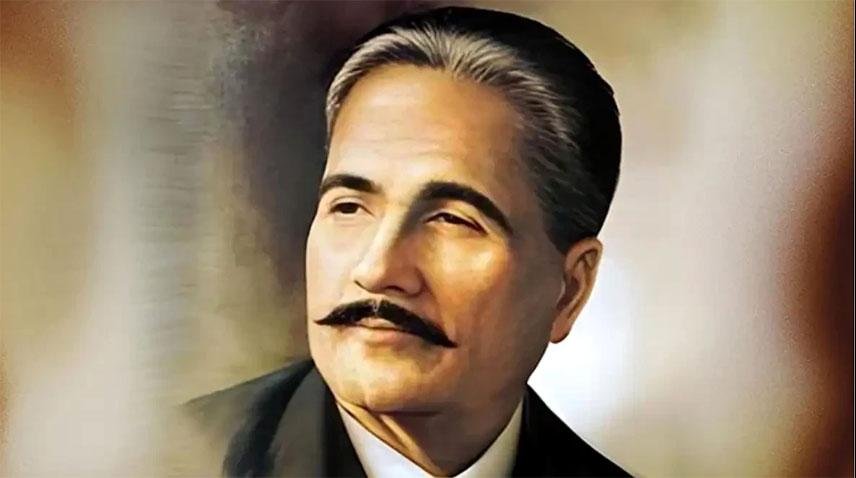Today marks the 87th death anniversary of Allama Muhammad Iqbal, the national poet and spiritual father of Pakistan.
Known as Shair-e-Mashriq (Poet of the East), Allama Iqbal’s ideas transcended borders and deeply influenced not only South Asia but also the broader Muslim world, especially Central Asian, Iran, Turkiye, and beyond.
Commemorative events were held across Pakistan, with scholars, political leaders, and students gathering to reflect on Iqbal’s philosophical, literary, and political contributions. His poetry continues to inspire the youth, emphasizing self-realization, justice, and unity among Muslims.
Born in 1877, Iqbal’s vision led to the conceptual foundation of a separate homeland for Muslims of the Indian Subcontinent, which materialized in the creation of Pakistan in 1947.
His dream was not just political but deeply spiritual, centered on rebuilding the dignity of Muslims through education, character, and unity.
Across Central Asia, Iqbal is revered for his pan-Islamic thought. His emphasis on selfhood (khudi) and awakening the Muslim identity resonated with Turkic nations seeking to reclaim their historical identity after years of colonial suppression.

Countries like Uzbekistan, Kazakhstan, and Azerbaijan have translated his works into local languages, and his poetry is often taught in universities.
In Iran, Iqbal is held in particularly high regard. Fluent in Persian, many of his greatest poetic masterpieces were written in the language of Rumi and Hafez.
Iranian intellectuals often refer to him as Iqbal-e-Lahori and admire his love for Persian culture, Islamic mysticism, and resistance to Western imperialism.
Iqbal remains one of the few South Asian figures whose legacy is honored in Iranian academic and cultural circles.
On the other hand, in Turkey, Iqbal’s admiration for Mustafa Kemal Atatürk’s reforms and Turkey’s struggle for independence made him a celebrated figure. Turkish scholars frequently explore Iqbal’s philosophical alignment with the ideas of Islamic modernism and nationalism.
Allama Iqbal’s message remains universal — empowering individuals, reviving Islamic values, and building bridges between cultures. As the world faces moral, political, and spiritual crises, his legacy shines as a beacon of hope and revival.
Areeba Kanwal is a contributor at The Diplomatic Insight and has passion for International Relations and diplomacy.



